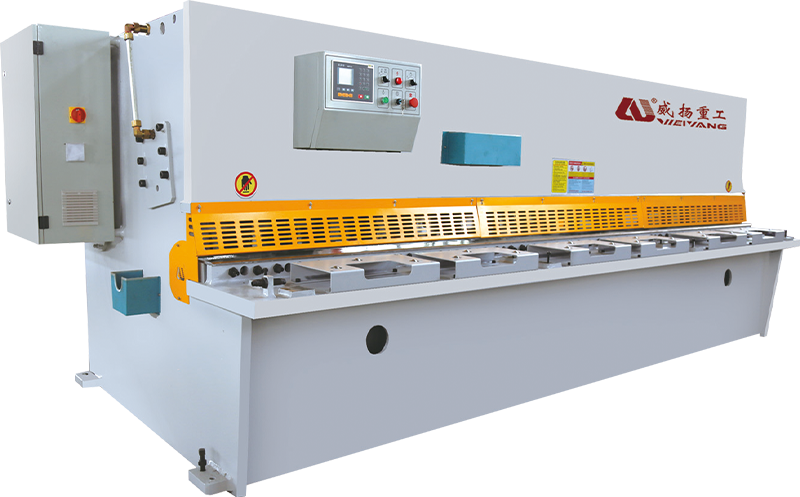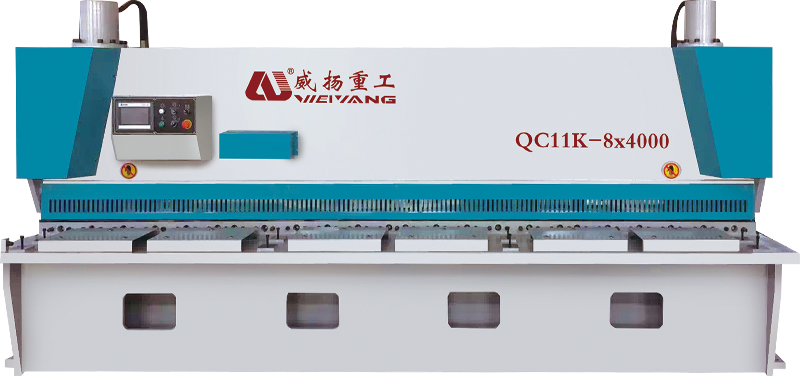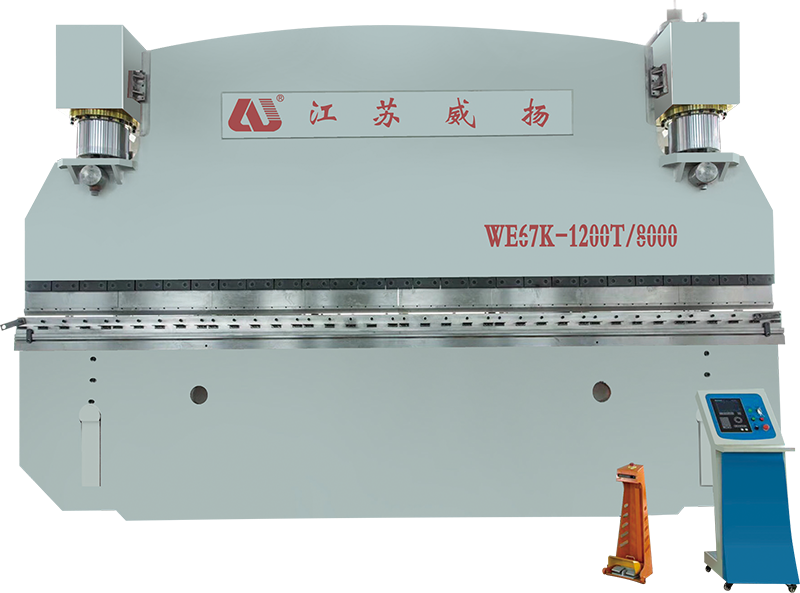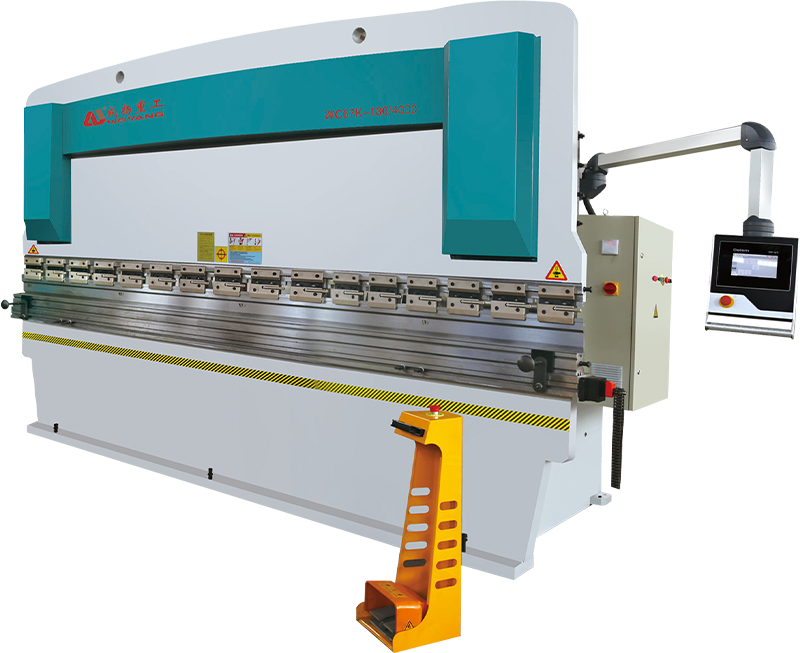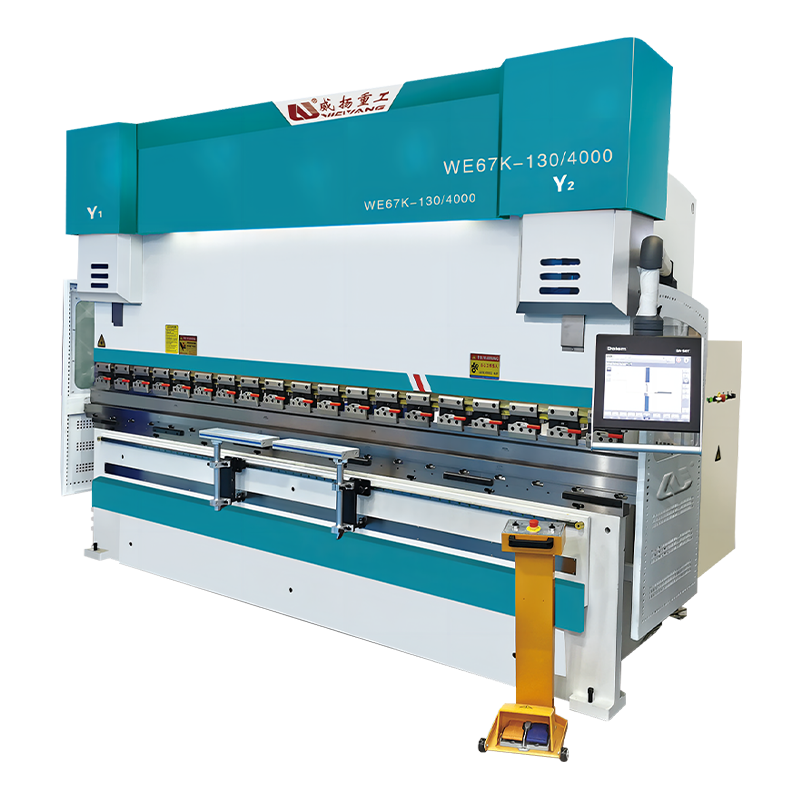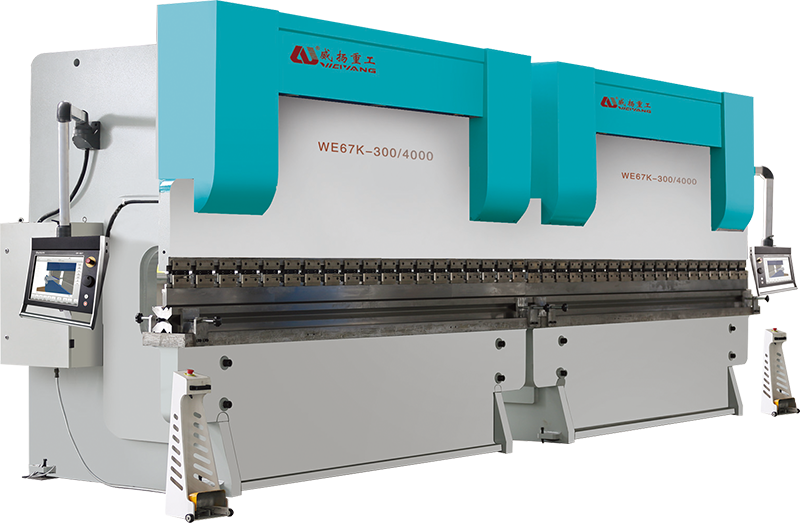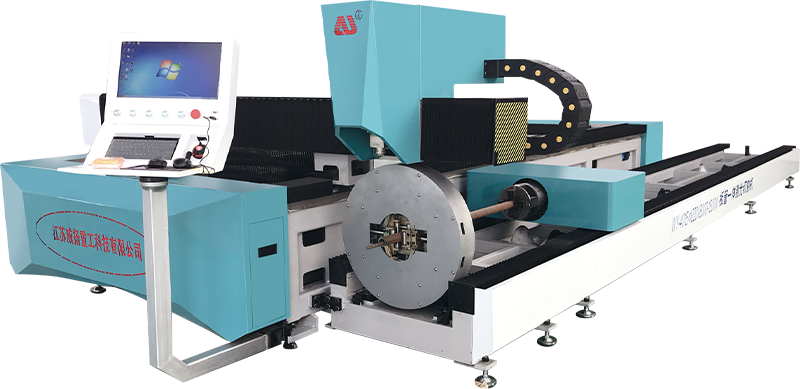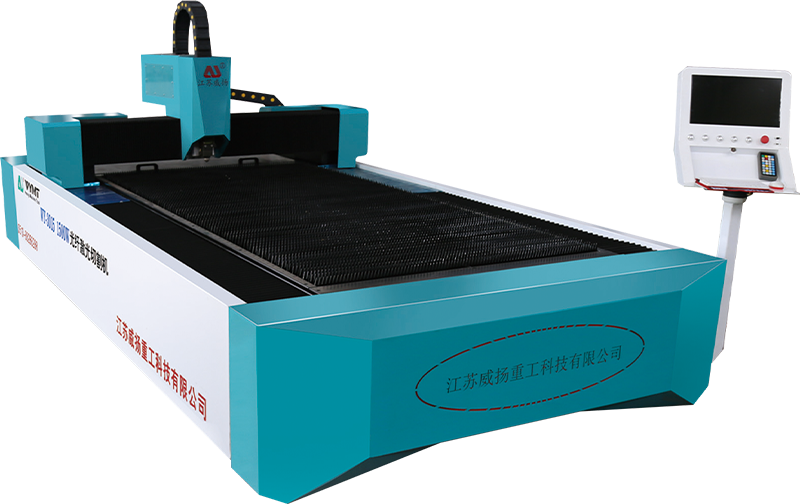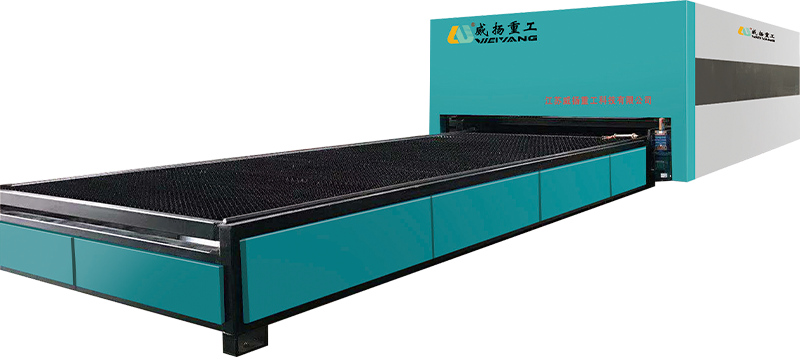How does the Fully Automatic CNC Bending Machine handle the bending of thinner or more delicate materials without causing damage or deformation?
The Fully Automatic CNC Bending Machine is designed to offer a highly adjustable bending force, allowing operators to tailor the amount of pressure applied based on the material's properties. For thin or delicate materials, the machine can be programmed to apply a lower bending force to prevent overstretching or breaking the material. The CNC system ensures that the applied force is precisely controlled throughout the bending process, reducing the risk of material failure due to excessive force. This feature is particularly crucial for materials with low tensile strength, where even slight overloading can cause permanent deformation or cracks.
Precision in speed and feed rate is essential when working with thinner or delicate materials, as these materials can be easily compromised by sudden movements or high-speed processes. The Fully Automatic CNC Bending Machine allows operators to adjust both the speed of the material feed and the bending speed. Slower speeds can be selected for thinner or fragile materials, allowing for a gradual and controlled bend. This not only minimizes the risk of stress fractures but also ensures that the material is uniformly shaped throughout the process, without sudden deformations that could arise from abrupt transitions.
The Fully Automatic CNC Bending Machine often comes equipped with a range of specialized tooling designed to handle delicate and thin materials. These tools include softer die materials and finely engineered punch shapes, which reduce the chance of surface damage, such as scratching, marring, or indentation. The tooling is designed to distribute the bending force over a wider area, ensuring that the material is not subjected to localized pressure that might cause it to tear or crack. The dies are engineered to ensure the material is supported throughout the bend, further preventing distortion.
The key advantage of the Fully Automatic CNC Bending Machine is its ability to store and apply material-specific settings. Before bending, the operator inputs critical material parameters into the machine's CNC control system, such as material type, thickness, and hardness. The machine uses this information to automatically adjust its bending parameters—such as speed, force, and angle—tailoring the operation to the specific characteristics of the material. By doing so, it avoids applying excessive force or making improper adjustments that could result in material damage. This level of customization ensures that delicate materials are bent precisely and within their safe limits.
For thin or delicate materials, the Fully Automatic CNC Bending Machine may perform bending in multiple, incremental passes rather than attempting to bend the material in a single pass. This staged approach distributes the bending force across several steps, reducing the risk of over-stressing the material in any one area. Each pass applies a smaller amount of force, gradually shaping the material into the desired form. This is especially useful for high-precision bending, where the material needs to maintain its original dimensions while being deformed. Multi-pass bending also allows for more control over the final shape, ensuring a smooth, consistent bend without deforming the material.
The Fully Automatic CNC Bending Machine offers precise control over bending angles, which is critical when working with thin or delicate materials. Even minor inaccuracies in angle can lead to bending errors, which in turn can cause the material to crack, buckle, or deform. The CNC system ensures that the angle is consistently maintained throughout the operation. This precision is achieved through real-time feedback from sensors that monitor the bend, adjusting the process automatically to correct any deviations from the intended angle. For thinner materials, maintaining an accurate angle prevents the creation of stress points that might otherwise lead to failure.
Many Fully Automatic CNC Bending Machines are equipped with advanced sensors that continuously monitor key variables during the bending process, including material stress, temperature, and position. If any of these parameters deviate from the desired range, the machine’s control system can adjust its settings in real-time to prevent damage. For instance, if a material begins to overheat due to excessive bending force or speed, the machine can automatically reduce the pressure or slow down the feed rate. This real-time monitoring and adaptive response ensure that delicate materials are protected throughout the entire process, minimizing the risk of unexpected damage.





